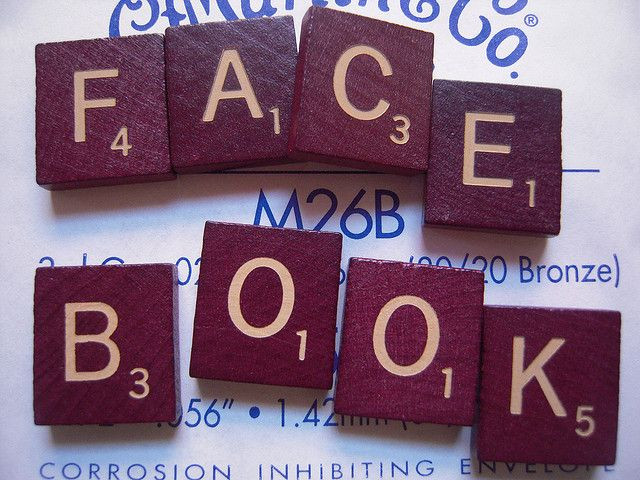Procrastination Is Genetic: How Impulsivity Lies Behind An Apparent Flaw In Evolution

What’s one more day? A couple more hours? Five more minutes? We’re all guilty, at one point or another, of putting off work for another time. It’s an easy tendency, if a dangerous one, and a new study from the University of Colorado, Boulder, even goes so far as to suggest the risks are older than any of us.
Evolutionary scientists like to thank our ancestors for endowing us with many of our modern-day traits — one of those being impulsivity. When food was scarce, the mantra typically went that in order to survive you must kill to avoid getting killed. Act now; don’t wait. Our ancestors needed to be quick-thinking and even quicker to make decisions. They had to be impulsive. We, however, in our 21st-century era of stores built solely on convenience, do not.
Now scientists suggest this absence of necessary impulsivity is what allows tasks that don’t threaten our lives to lead us to distraction. Since we don’t have vicious, sharp-toothed animals keeping us on high-alert, our natural sense of impulsivity leads us astray. We check our email and browse social media not because we lack self-control, but because we’ve replaced our sense of urgency.
“Everyone procrastinates at least sometimes, but we wanted to explore why some people procrastinate more than others and why procrastinators seem more likely to make rash actions and act without thinking,” explained Colorado psychological scientist and study author Daniel Gustavson in a statement. In exploring that topic, he and his colleagues hoped to gain insight into why procrastination occurs and how to minimize it.
To understand the phenomenon, the research team collected data on 181 identical-twin pairs and 166 fraternal-twin pairs. Identical twins are genetic copies of one another, making them prime candidates to study how impulsivity and procrastination are funneled genetically through evolutionary lines. Researchers administered surveys designed to assess each twin’s tendency to procrastinate and act impulsively, along with their ability to set and maintain goals.
The team found that both traits are indeed heritable. Twins that were chronic procrastinators exhibited the behavior dually, and the same for impulsivity. What’s more, the genetic traits were mirrored consistently. In other words, no twin was highly impulsive and a chronic procrastinator while the other showed the reverse traits — a telltale sign, the team argues, that both qualities are genetically linked.
In future research, the team hopes to dig even deeper into procrastination and impulsivity, questioning whether the two behaviors are also related to executive cognitive functions — such as working memory, reasoning, problem solving, and planning.
“Learning more about the underpinnings of procrastination may help develop interventions to prevent it,” Gustavson concluded, “and help us overcome our ingrained tendencies to get distracted and lose track of work.”
Source: Gustavson D, Miyake A, Hewitt J, Friedman N. Impulsivity, and Goal-Management Ability Implications for the Evolutionary Origin of Procrastination. Psychological Science. 2014.



























